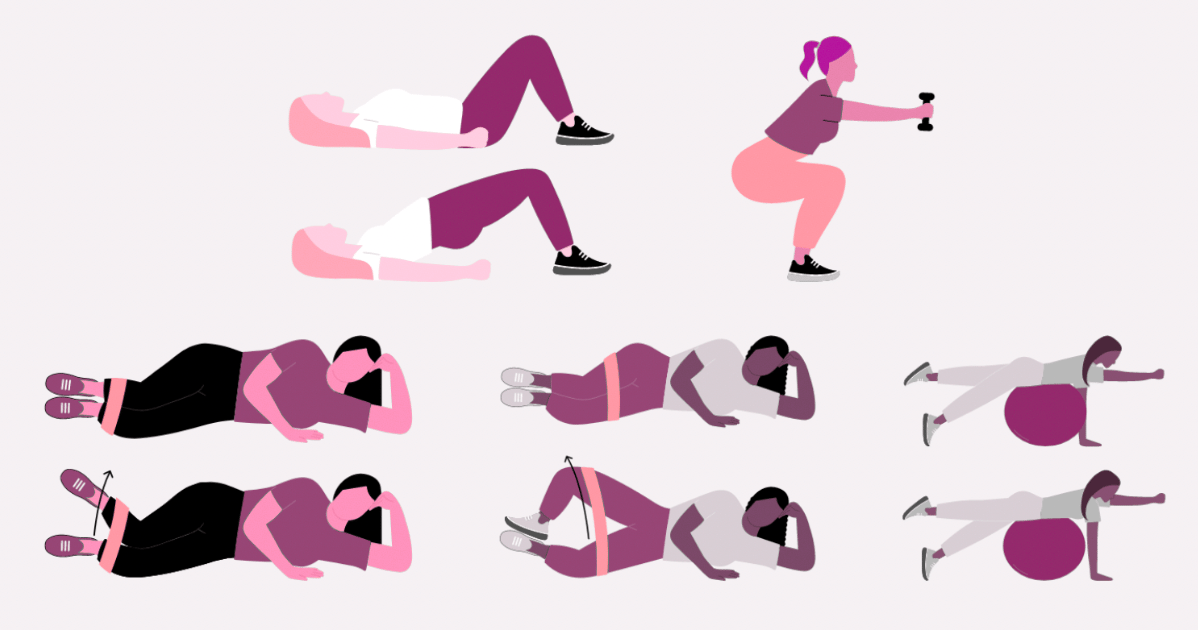For years, pelvic floor training lived in the worlds of postpartum care and physical therapy. It was something you turned to only when there was a problem: leaking, pain, or pressure. But now, it’s entered the mainstream fitness conversation.
Pelvic floor health is now being seen as both preventative care and performance training. The thinking is simple: we train every major muscle group, so why keep ignoring the one that supports us from the bottom up?
Over the last few years the focus on women’s fitness and wellness has shifted from:
skinny → strong
tone → strength
sweat → recovery
aesthetics → longevity
and now
outer strength → inner strength
A strong pelvic floor plays a role in so many aspects of health and performance such as: breathing / breath control, spinal support, posture, correct fitness form, sexual health, hormone regulation and ability to core brace (essential for heavy lifting).
This new genre of fitness is showing up across mainstream fitness. Studios like The Bloom Method and Pvolve are building it into their programming, focusing on deep core work and breath-led movement, while fitness pros are cueing things like bracing, pressure control, and pelvic engagement as part of everyday workouts.
Additionally, content creators and influencers have built entire audiences around pelvic floor training. Creators like Caroline Packard and Natalie Rose Edwards are normalizing the conversation around pelvic floor training, integrating educational content with fitness application.
Finally, evidence of this new vertical can be seen in all of the businesses, brands and collabs that show no sign in slowing down. Among the most recognizable is Elvie which is known for its app-connected pelvic floor trainer and even launched a pelvic floor workout program on digital fitness platform obé in 2023.
Other brands in the pelvic floor space include: Perifit (gamified Kegel trainer) and Yaralp (device that trains the pelvic floor for you via different specialized programs).
It is also important to note that pelvic floor training isn’t exclusive to women. Both men and women benefit from strengthening this foundational muscle group, and as the conversation becomes more visible in women’s wellness, it’s equally important to expand awareness around pelvic health for all bodies.
Glow on.
